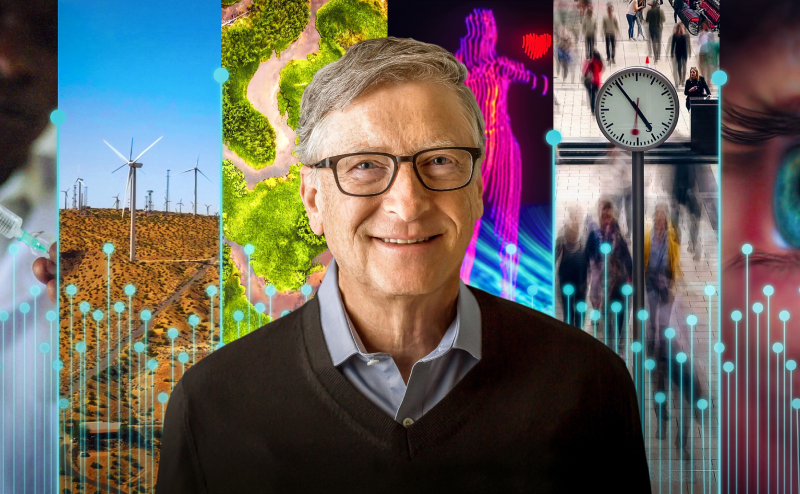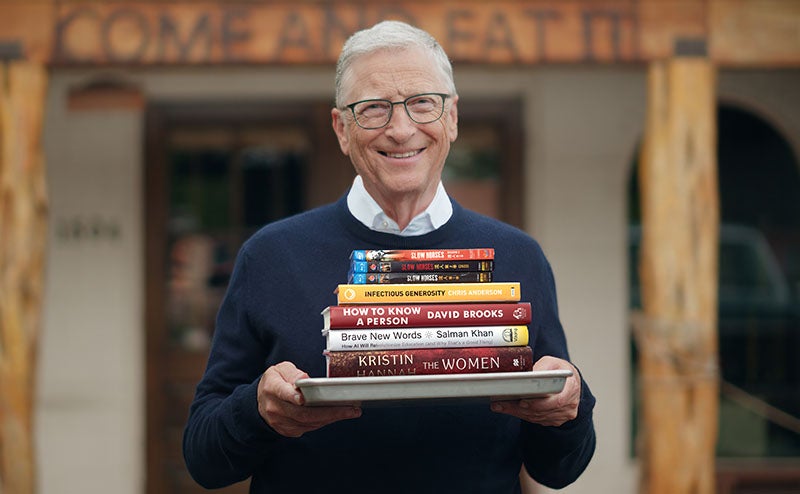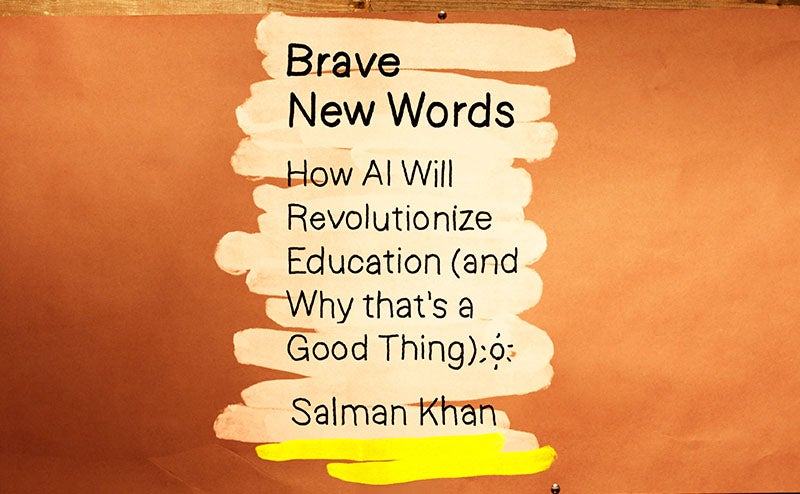In the fight against dengue fever, one kind of mosquito has been transformed into a surprisingly powerful ally to save and improve lives.
If you judge only by what people have been tweeting, 2017 was a terrible year. Twitter’s 140-character (and now 280-character) messages have often been the first to deliver news of shootings, war, political strife, anger, insults, and worries about whether the world has taken a turn for the worse.
But 2017 has also delivered some amazing tweets of hope and progress: new discoveries, unsung achievements, acts of courage, and kindness.
Over the last four years I’ve ended the year with a list of good news stories or inspiring people. This year, I decided to share some inspiring tweets that you may have missed. They made me feel more optimistic about 2017 and the new year. I hope they make you feel more optimistic too.
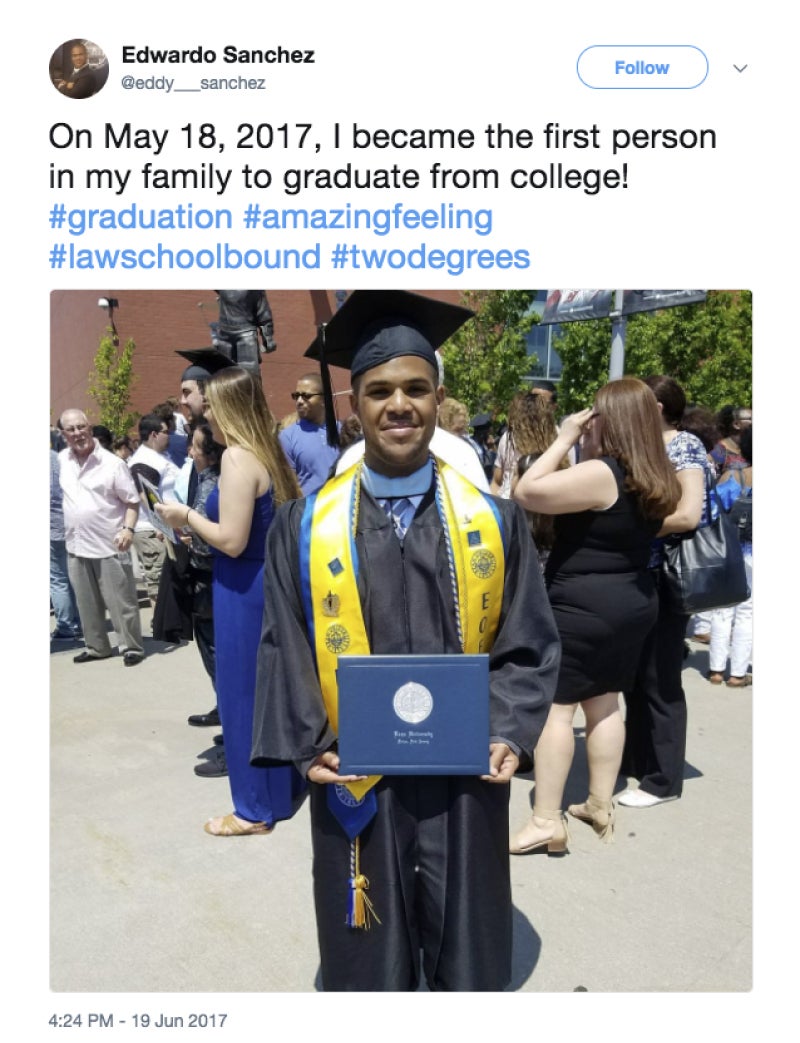
On May 18, 2017, Edwardo Sanchez, dressed in his cap and gown, tweeted that he was the first person in his family to graduate from college. I love to hear stories like this—and I hope in 2018 there will be even more of them because a college degree is a proven ticket to a life of higher income and better opportunity. Congratulations Edwardo!
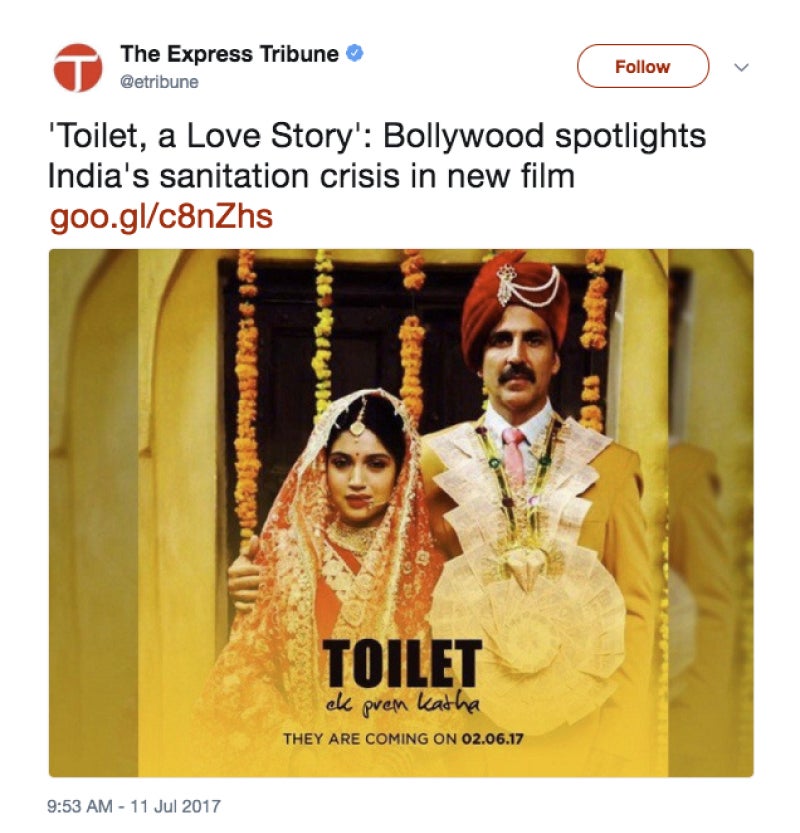
A rom-com about a toilet? You read that correctly. “Toilet: A Love Story” stars one of Bollywood’s most popular actors, Akshay Kumar, in a romance about a newlywed couple and India’s sanitation challenge. Sanitation is a serious issue in India, as I wrote about earlier this year. Of the 1.7 million people worldwide who die from unsafe water, sanitation, and hygiene each year, more than 600,000 are in India. But a new Indian government program is making huge progress improving sanitation with a goal of installing 75 million toilets throughout the country by 2019. This film tells the story of one of those toilets and the impact it had on one family. Watch a preview here.

Here’s the kind of news that’s huge, but often gets overlooked. In the 1970s, Bhutan and Maldives launched national immunization programs to wipe out measles and other preventable diseases. In June, the World Health Organization certified that both countries had eliminated measles, a highly infectious and deadly disease. Thanks to national immunization efforts like these, global measles deaths have fallen more than 80 percent since 2000, saving a total of over 20 million lives.

The winner of the 2017 World Food Prize, Dr. Akinwumi Adesina, has never forgotten his humble roots. The son of a farm laborer, Dr. Adesina grew up in a one-room home in Nigeria without water or electricity, sleeping side-by-side on the floor with his three brothers. He went on to earn a Ph.D. in agricultural economics, worked for the Rockefeller Foundation, and eventually rose to become Nigeria’s minister of agriculture. He is currently president of the African Development Bank. Through it all, he has focused on improving the lives of Africa’s smallholder farmers, helping them to grow more food, protecting them from corruption, and increasing their access to credit to invest in their farms. In Nigeria, his dedication to the poorest earned him the nickname the “farmer’s minister.” That’s why it should come as no surprise that he announced that he is using his $250,000 World Food Prize award to set up a fund to provide grants to African youth involved in agriculture. “I will not rest until Africa breaks out of hunger,” he says.

Melinda and I often get asked how to make a difference in the world. A great way is to volunteer. Now here’s news that doing good for others helps those who give as well as those who receive. According to this New York Times story, the benefits of volunteering include lower blood pressure and decreased mortality rates. Want to sign up but not sure where to start? Here’s a resource page where you can learn more about volunteering opportunities.

Every year, I wish I’d had more time to read–one of my favorite pastimes. That’s why I was thrilled to learn about a new, time-saving sport that is catching on in schools to encourage students to read. It’s called “extreme reading,” which challenges students to read no matter where they are or what else they’re doing: jumping on a trampoline, skydiving, playing soccer, riding a horse, sledding, or even swimming underwater .
Here’s my own extreme submission to the challenge:
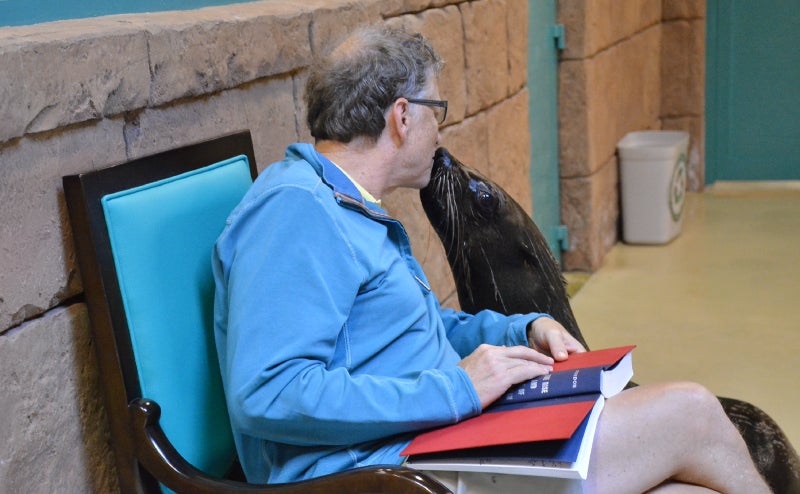
(Although I had to put my book down for a moment when the seal insisted on a snuggle.)
Wishing you a happy new year filled with great books and many adventurous places to read them!
I invite you to share tweets that inspired you this year.
